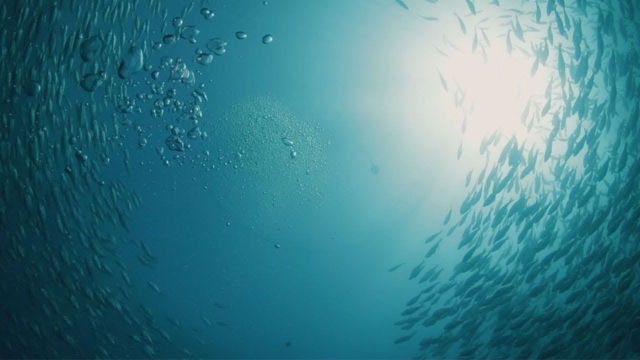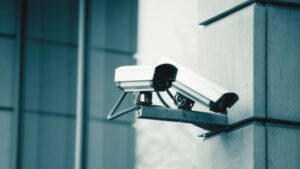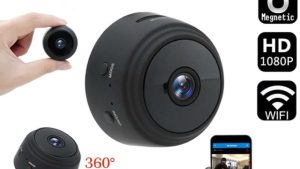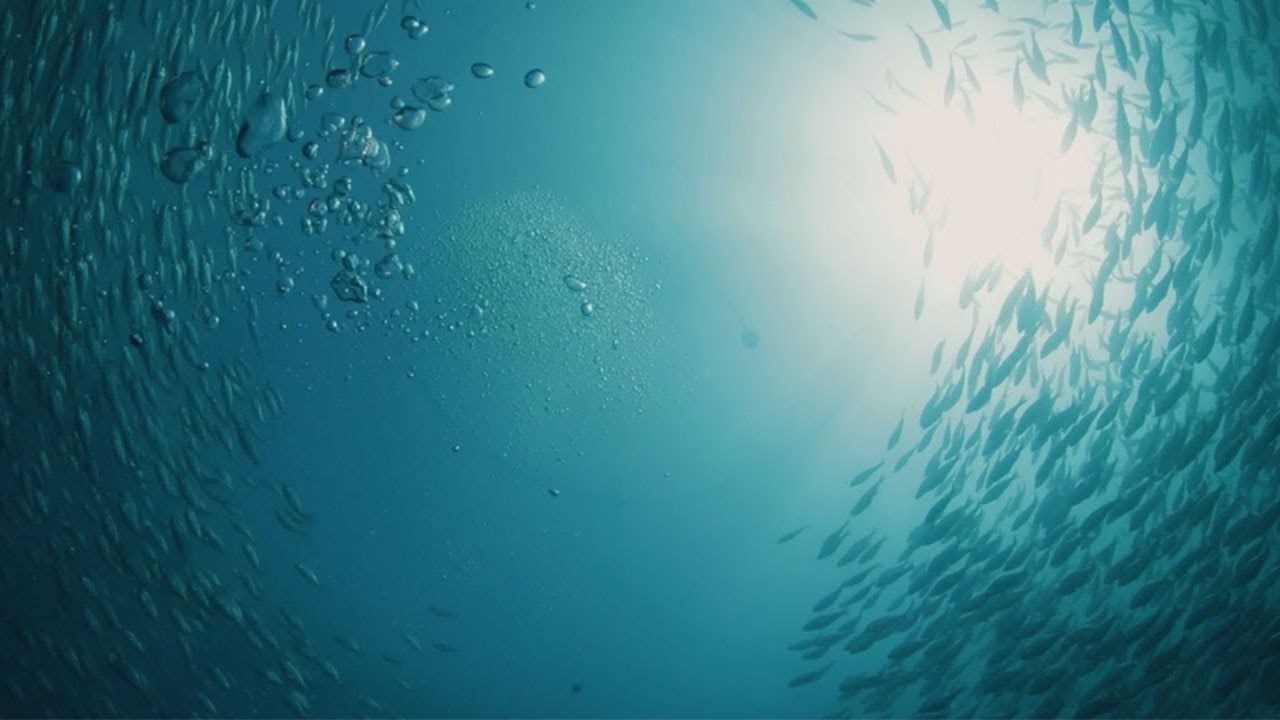
As global demand for seafood continues to rise, the aquaculture industry is poised for a major transformation. The need for sustainable practices and innovative technologies has never been greater, and advancements in aquaculture technology are paving the way for a future where fish farming can coexist harmoniously with our environment. From improved breeding techniques to smart farming systems, the landscape of aquaculture is rapidly evolving.
At the forefront of this revolution is The Rokter, an influential hub that provides a wealth of resources for those involved in aquaculture. It offers in-depth blog posts, insightful industry resources, and a dedicated forum where professionals can share experiences and knowledge. By harnessing the power of technology and sustainability, The Rokter stands as a beacon for those looking to explore the future of aquaculture and make a lasting impact on the seas.
Innovative Aquaculture Technologies
Aquaculture is rapidly evolving, driven by advancements in technology that enhance efficiency and sustainability. One of the most significant innovations is the use of automated feeding systems. These systems utilize sensors and algorithms to monitor fish behavior and adjust feeding schedules accordingly. By ensuring that fish receive the optimal amount of food at the right times, these technologies help reduce waste and improve growth rates, promoting a more sustainable approach to fish farming.
Another groundbreaking development is recirculating aquaculture systems (RAS). These systems are designed to minimize water usage and maintain water quality by continuously filtering and reusing water. RAS technology allows for high-density fish farming without the need for vast water bodies, making it possible to produce seafood in urban areas and reducing the environmental impact associated with traditional aquaculture practices. The integration of such systems is crucial for meeting the growing demand for seafood while preserving marine ecosystems.
Additionally, innovative monitoring tools, including Internet of Things (IoT) devices and drones, are transforming the way aquaculture operations are managed. IoT devices enable real-time monitoring of environmental conditions, fish health, and feed levels, allowing for data-driven decision-making. Drones can be employed to survey vast farming areas, ensuring that operations run smoothly and efficiently. Together, these technologies not only enhance productivity but also provide valuable insights to ensure the sustainability of aquaculture as it continues to grow.
Sustainability Practices in Aquaculture
Sustainable aquaculture practices are essential for minimizing the environmental impact of fish farming and ensuring the long-term viability of the industry. One of the key practices involves the careful management of feed resources. By utilizing plant-based and alternative protein sources, aquaculture operations can reduce their reliance on wild fish stocks, preserving marine ecosystems while providing nutritious feeds for farmed species. Moreover, advancements in feed technology and formulation contribute to better feed conversion ratios, leading to more efficient production.
Another crucial aspect of sustainability in aquaculture is water quality management. Implementing recirculating aquaculture systems allows for the reuse of water while minimizing waste discharge. This closed-loop system not only conserves water but also filters out harmful substances, greatly reducing the risk of pollution in surrounding aquatic environments. Regular monitoring of water parameters ensures optimal living conditions for the fish while safeguarding the health of the ecosystem.
In addition to these practices, integrating multi-trophic aquaculture is gaining attention as an innovative approach to sustainability. This method involves cultivating multiple species from different trophic levels in the same system, where waste from one species serves as a nutrient source for another. Such synergy not only enhances productivity but also promotes biodiversity and resilience within the farming system. By embracing these sustainable practices, aquaculture can play a vital role in addressing global food security challenges while preserving our precious marine resources.
Industry Resources and Tools
Fish disease prevention
The Rokter serves as an essential resource for aquaculture professionals seeking to enhance their understanding and application of the latest technologies. With a vast array of documents and guides, it offers access to case studies, technical reports, and best practice manuals that cover various aspects of aquaculture. Whether you are looking for innovative farming techniques or sustainability strategies, Rokter ensures that you have the tools you need to stay ahead in the industry.
In addition to textual resources, the platform also features a collection of software tools designed to streamline operations within aquaculture. These tools facilitate monitoring, data analysis, and management of aquaculture systems, allowing professionals to make informed decisions swiftly. By integrating modern technology with traditional practices, these resources support aquaculture workers in optimizing their productivity while minimizing environmental impact.
Moreover, Rokter fosters collaboration among aquaculture experts through its dedicated forum. This space allows professionals to share insights, exchange ideas, and pose questions to peers. By actively participating in discussions, users can gain diverse perspectives on the challenges and opportunities within the aquaculture sector. This community-driven approach not only enhances individual knowledge but also promotes innovation through shared expertise and collective problem-solving.
Community Engagement and Networking
Community engagement is essential in advancing aquaculture technology, as it fosters the exchange of ideas and best practices among professionals in the field. Platforms like The Rokter provide a space for aquaculture enthusiasts, researchers, and industry leaders to share insights and collaborate on innovative solutions. By participating in discussions and forums, individuals can contribute to collective knowledge and drive the industry forward.
Networking opportunities within the aquaculture community are invaluable for professionals seeking to enhance their careers and expand their influence. The Rokter encourages connections through events, webinars, and collaborative projects, allowing members to build relationships that can lead to partnerships and new ventures. This collaborative spirit is vital for harnessing the collective expertise that propels the industry into the future.
As aquaculture technology continues to evolve, the need for robust community engagement and networking becomes even more critical. By leveraging resources and tools available through platforms like The Rokter, individuals can establish meaningful connections that not only benefit their personal growth but also contribute to the larger goal of sustainable aquaculture practices. The future of the industry hinges on these collaborative efforts, ensuring that innovation is met with responsibility and ecological awareness.
